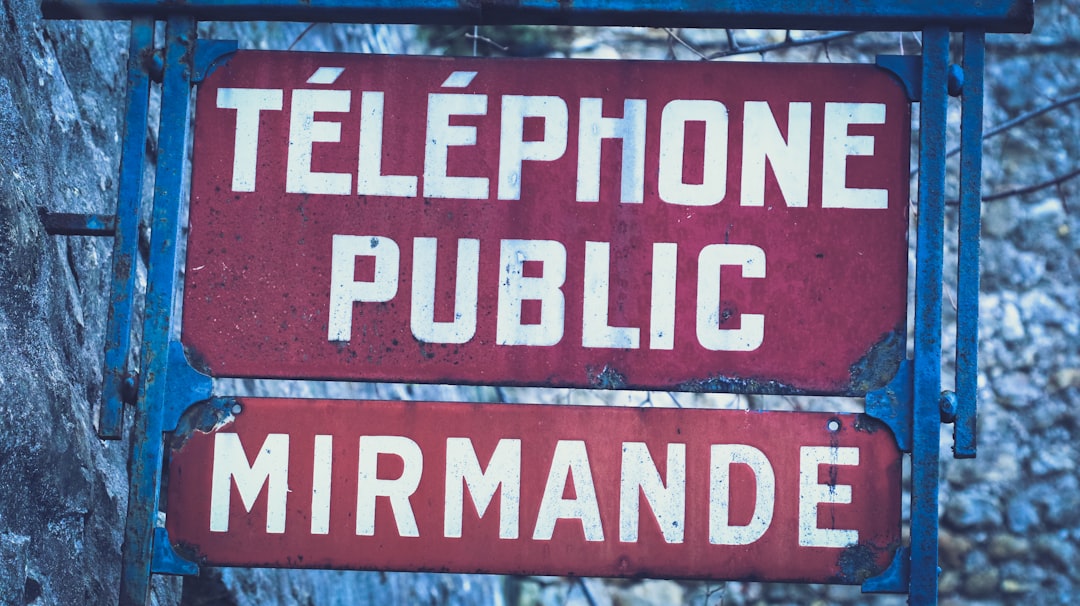In Maine, both state laws and the federal FDCPA protect consumers from abusive debt collection tactics. To report violations, gather solid evidence such as screenshots, letters, and detailed notes on interactions with the debt collector. First, identify the collector by gathering their name, contact info, and communication history. Then, file a complaint with the Maine Attorney General's Office and consult an attorney specializing in consumer rights for guidance. Avoid direct contact with law firms regarding these issues; utilize official channels to protect your rights against unfair debt collection practices.
Struggling with debt collectors in Maine? Know your rights! Maine has strict laws to protect consumers from aggressive collection practices. This guide outlines essential steps to report violations, empowering you to take action. First, understand the state’s regulations. Then, gather evidence of any infractions. Note the collector’s identity and contact details. File a complaint with the Maine Attorney General’s Office for swift intervention. If necessary, consult an attorney specializing in debt collection to explore legal options, ensuring your rights are upheld without involving law firms directly.
Understand Maine's Debt Collection Laws

In Maine, debt collection practices are regulated by state laws designed to protect consumers from unfair or abusive tactics. Understanding these laws is crucial before reporting any violations. The Fair Debt Collection Practices Act (FDCPA) sets national standards for debt collectors, but Maine has its own specific regulations that supersede federal law in certain cases. For instance, Maine’s laws address issues like the time of day a collector can contact you and restrictions on contacting third parties about your debt.
If you believe a debt collector is violating these rules—such as by calling you repeatedly after being asked to stop (known as “do not call” requests) or using threatening language—you have rights. Maine allows consumers to report violations to the Attorney General’s office, which can take formal action against offending collectors. Additionally, individual consumers may pursue legal action themselves, seeking damages for any harassment, emotional distress, or other negative impacts caused by the collector’s conduct. Remember, knowing your rights and understanding the local laws are essential steps in reporting debt collector violations in Maine.
Gather Evidence of Violations

When reporting debt collector violations in Maine, gathering solid evidence is your first step. Document every interaction with the debt collector—from phone calls and letters to emails and text messages. Keep a record of all communications, including dates, times, and a summary of what was discussed. This documentation will serve as crucial proof of any violations against state laws, such as those prohibiting abusive or unfair collection practices.
Take screenshots or make copies of any digital communication and preserve physical documents like letters or notices. Additionally, gather any relevant information about the debt collector’s identity, including their name, contact details, and company registration information. These steps will empower you to file a comprehensive report with the appropriate Maine regulatory bodies, ensuring that your case is strong and Do Not call law firms are not required—you’re simply armed with factual evidence.
Identify the Debt Collector

When reporting debt collector violations in Maine, the first step is to identify the debt collector. This involves gathering crucial information about the entity attempting to collect a debt from you. Look for signs like their name, contact details, and any communication they’ve sent you. It’s particularly important to avoid calling law firms directly as a consumer, unless specifically instructed by them; instead, focus on identifying the collection agency itself.
Maine has strict regulations regarding debt collection practices, so knowing who your creditor is will help you navigate the reporting process effectively. Ensure you have notes or records of all communications—including dates, times, and any threats or harassing behavior—to provide clear evidence when filing your report.
File a Complaint with the Maine Attorney General's Office

If you’ve faced violations from a debt collector in Maine, it’s crucial to take action and protect your rights. One of the initial steps is to file a complaint with the Maine Attorney General’s Office. This office serves as a vital resource for consumers facing unfair debt collection practices. By submitting a detailed complaint, you contribute to their ongoing efforts to monitor and regulate debt collectors within the state.
When filing, ensure you provide all relevant information, including the collector’s name, contact details, and a description of the violation(s). Maine law strictly regulates debt collection practices, and the Attorney General’s Office takes these matters seriously. They may investigate your complaint and take appropriate legal action against the offending collector, ensuring they adhere to the state’s fair debt collection guidelines and protecting you from further harassment. Remember, do not engage in direct communication with law firms regarding such issues; instead, focus on official channels like this office to ensure your rights are upheld.
Consider Legal Action and Consult an Attorney

If you’ve faced unfair or abusive tactics from a debt collector, it’s crucial to know your rights and options. While many individuals might be tempted to handle the situation themselves, consulting with an attorney is often the best course of action. Legal professionals specializing in consumer rights can provide invaluable guidance tailored to Maine’s specific regulations. They can help you understand if the debt collector has violated any laws and advise on the most effective way to proceed.
Hiring a lawyer doesn’t necessarily mean taking the case to court; they might suggest negotiation strategies or mediation as alternative solutions. Their expertise ensures you’re well-informed, protecting your interests and potentially saving time and money in the long run. Remember, knowing when to seek legal counsel is a proactive step towards resolving debt collection issues effectively without calling law firms in Maine directly.






